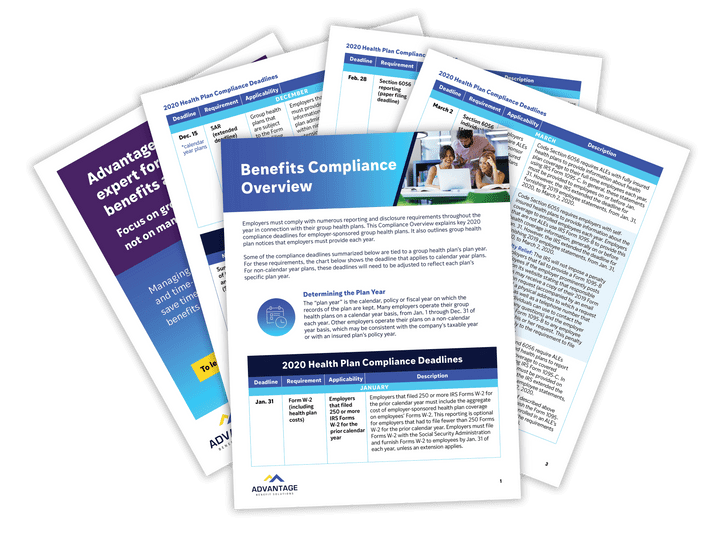How CFOs Can Make Data-Driven Healthcare Plan Decisions
Healthcare is becoming increasingly expensive, and no one is more familiar with this issue than employers offering sponsored health plans. While there is much published data that outlines the justification for raised premiums, many rising healthcare expenses are most often the result of unnecessary procedures and human error. These high costs charged to businesses are often inconsistent and unrepresentative of healthcare data, which is intentionally concealed from employers to support higher annual benefits costs. Without access to this data, employers are asked to unnecessarily pay more for their employees’ care, wasting revenue year over year.
Thankfully, there is a simple solution to overspending on health benefits: working with an advisor who has access to comprehensive benefits data and can leverage this hard-to-find information to partner with healthcare advocates, saving your business money and empowering both you and your employees to make better, most cost-effective choices.
In this post, we’ll cover:
- Most common areas of healthcare overspending
- How a professional advisor can help
Unnecessary Healthcare Expenditures
Two of the biggest problems contributing to overspending on benefits can be boiled down to unnecessary procedures and human error. Often times, patients undergo a series of tests, medications, and procedures that do not aid in a definitive diagnosis, unnecessarily racking up hundreds or thousands of dollars in medical claims. A recent survey conducted by the Johns Hopkins research team found that around 30% of medical procedures, tests, and medications were deemed “unnecessary,” meaning that the cost of nonessential healthcare expenses falls to employers and individual patients.
Additionally, medical bills often contain erroneous mistakes that are passed on to patients and their employers. The Medical Billing Advocates of America discovered that a whopping 80% of medical bills contain billing mistakes, and bills over $10,000 contained, on average, a billing error amounting to around $1,300. Without understanding these avoidable costs and the data behind them, employers are potentially throwing away thousands of dollars every year. However, having an expert on your side that understands these costs and the data behind them can help guide you towards wiser and more affordable healthcare plan options.
The Advantage of a Trusted Advisor
While much data surrounding healthcare costs are obscured from employers, benefits advisors have the opportunity to access and leverage that data to provide innovative and cost-effective options to businesses. Experienced and knowledgeable benefits brokers are a valuable investment for employers, as these advisors focus on how to search for cost-effective plan alternatives, partner with patient advocates to enforce reasonable billing, and reduce unnecessary testing and medical procedures to help businesses regain control of their healthcare costs.
Key Takeaways
While healthcare will always be a major business expense, there are ways to cut costs and save money for your organization and your employees. By working with a benefits broker who understands how to leverage benefits data, your organization can develop a high quality and low-cost healthcare plan.
- Healthcare is a large annual expense, and much of those costs can be chalked up to unnecessary, avoidable mistakes.
- Errors on medical bills and unnecessary tests make up a disproportionately large portion of healthcare expenses, escalating the cost passed on to employers and patients
A knowledgeable advisor who understands how to interpret and implement solutions using healthcare benefits data can save companies thousands of dollars every year. By examining the data and making data-driven adjustments, it is certainly possible to find cost-effective solutions that mitigate healthcare expenses without sacrificing plan quality.






